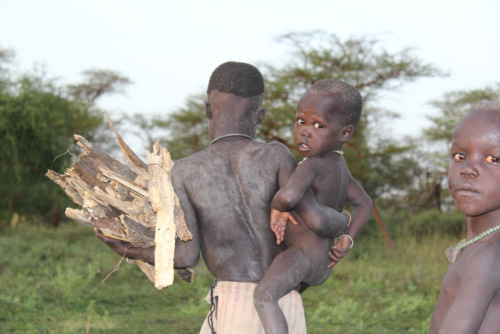Veteran’s Day 11/11/11

The more time I spend in the field, the more I realize just how fortunate I am and how much I take for granted as a basic human right. Most of the suffering in this region is the result of decades of war and it’s going to take some time, and international assistance, for these […]
